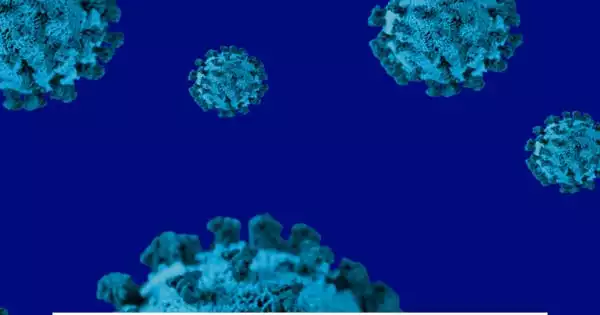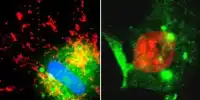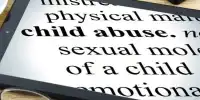Vaccine selection is complicated and context-dependent. While getting vaccinated may appear to be a straightforward act, there are numerous barriers and variables that influence vaccination uptake. These range from supply and demand issues, such as making sure people have access to and are aware of affordable vaccines, to socio-psychological factors that influence people’s willingness to be vaccinated.
An experiment found that relatively minor adjustments in message content changed people’s opinions toward the human papillomavirus (HPV) vaccine, which has been demonstrated to help prevent cancer. Words matter when it comes to vaccination, as do opinions of what constitutes normal conduct.
An experiment by Washington State University researchers revealed that relatively small differences in messages influenced people’s attitudes about the human papillomavirus or HPV vaccine, which has been shown to help prevent cancer.
Young adult subjects in a recent study published in the journal Health Communication were more interested in learning about the HPV vaccine when they were exposed to messages that were both injunctive and normative – that is, statements that implied their friends and family thought they should get the vaccine – versus messages that provided basic information about the vaccine’s benefits.
This study implies that using messages that highlight the importance of others’ approval of vaccination, such as parents and peers, may be especially helpful in piquing individuals’ interest to get more information about the vaccination.
Xizhu Xiao
Subjects were also less likely to be interested in the vaccine when they received unfavorable descriptive messages, such as those stating that three out of ten people missed out on the HPV vaccine.
“We should exercise caution when employing these types of communications,” said Porismita Borah, an associate professor in WSU’s Edward R. Murrow College of Communication and one of the study’s authors. “It makes a difference whether you state that 3 out of 10 people did not receive the vaccine or that 7 out of 10 did. It has an impact on people’s attitudes and behaviors.”
While immunizations provide individual protection against COVID-19 infection, delays in receiving or refusing vaccines will have an impact on both individuals and communities. The behavioral aspects that contribute to vaccine reluctance or rejection are an important facet that must be addressed in order to design effective therapies.
Many health organizations, like the World Health Organization and the Centers for Disease Control and Prevention, frequently deploy these types of strongly phrased, norm-based communications, but this is the first experimental study to assess the impact of social norms on behavior.

Over a decade of study has proven the HPV vaccine’s safety and efficacy in avoiding genital warts and cancers related with the sexually transmitted infection, such as cervical, anal, and penile cancer. However, the CDC reports that the vaccination has a low uptake in the United States, with 48.5 percent of women and 78.8 percent of males aged 19 to 26 remaining unvaccinated, indicating the need for greater promotional messaging.
Borah and Xizhu Xiao, a recent WSU Ph.D. graduate, tested messages on approximately 200 young adults between the ages of 18 and 29 for the study. The participants were randomly assigned to one of four groups, each of which received a different set of messaging regarding the HPV vaccine based on social media posts often used by health organizations. They discovered that negatively phrased normative messaging typically increased vaccine risk perceptions when compared to positively worded normative and basic information messages.
Furthermore, students who were exposed to injunctive normative messages were more likely to seek vaccine information, which enhanced their likelihood of receiving the HPV vaccine.
“This study implies that using messages that highlight the importance of others’ approval of vaccination, such as parents and peers, may be especially helpful in piquing individuals’ interest to get more information about the vaccination. The information seeking in turn is likely to raise their intention to get vaccinated,” said Xiao.
While the authors emphasized that this study was limited and focused just on promotional messaging for the HPV vaccine, they did say the findings could have implications for the marketing of other vaccinations, including a prospective COVID-19 vaccine.
Behavioral approaches have the potential to boost vaccine uptake. Automatically booking patients for vaccination appointments that they can cancel, for example, results in better vaccination rates than alerting patients that they can make a vaccine appointment. Furthermore, social mechanisms like the reciprocity norm and conceptual frameworks like scarcity influence behavior.















